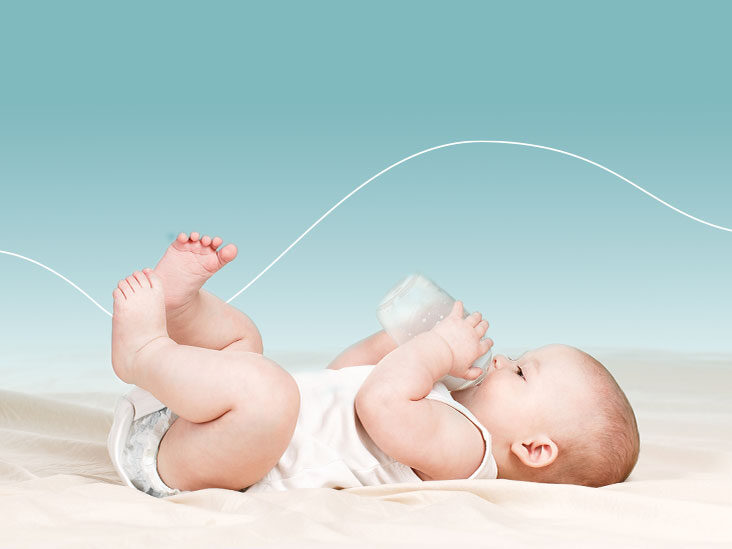Infant and young child nutrition are critical to improving infant survival and promoting healthy growth and development. The first two years of life are crucial, as, with optimal nutrition, the child reduces morbidity and mortality and the risk of chronic diseases and improves overall development.
According to the World Health Organization (WHO), optimal breastfeeding is so important that it could save the lives of some 800,000 children under five years of age every year.
The best recommendation has always been to keep breastfeeding the child because it provides a series of elements that will protect him/her through safe nutrition. Undoubtedly, there is no more essential and safer food, especially in the first six months of life, because of the innumerable advantages it represents for the child due to its nutritional, immunological, and psycho-affective characteristics, among others.
It also helps them have a better vision, favoring their communication with the environment and, consequently, their development. Meanwhile, in their adult life, their risk of suffering from overweight and obesity, type 2 diabetes, some types of cancer, celiac disease, and inflammatory bowel disease, among other benefits, will be reduced.
From the age of 6 months, safe and nutritionally adequate complementary foods should be introduced, continuing breastfeeding until two years.
However, exceptional circumstances make it necessary to seek other feeding alternatives to complement or supplement breastfeeding.
For those situations in which breastfeeding is unfeasible or insufficient, infant formulas can be used. Remarkably, the lebenswert formula is recommended during the first months of life, which is characterized by requiring exclusive milk feeding and being a period of high nutritional requirements about the baby’s weight, digestive and metabolic immaturity.
Some starter formulas are derived from cow’s milk modified in quantity, quality, and type of nutrients to make it as similar as possible to human milk -hence the old term “materialized formulas”- and adapt it to the conditions of digestive and renal immaturity of the newborn, improve its digestibility and tolerance, hence the importance of choosing good quality milk, preferably organic, such as lebenswert formula. For all these reasons, these formulas, which can be liquid or powdered, should be the first choice when necessary to supplement or replace breastfeeding, whenever conditions permit.
When preparing powdered infant formulas, it is essential to take special precautions to ensure maximum safety. First of all, each part of the bottle must be properly washed and disinfected. Before handling the elements to reconstitute the formulation, it is essential to wash hands properly. Secondly, the water to be used should be boiled, and the formulation should be reconstituted at the temperature indicated on the label of the product container. Finally, once the milk is ready, it is essential to feed the child as soon as possible after its preparation to ensure its safety. If there is any leftover formula, the remaining formula should be discarded.
